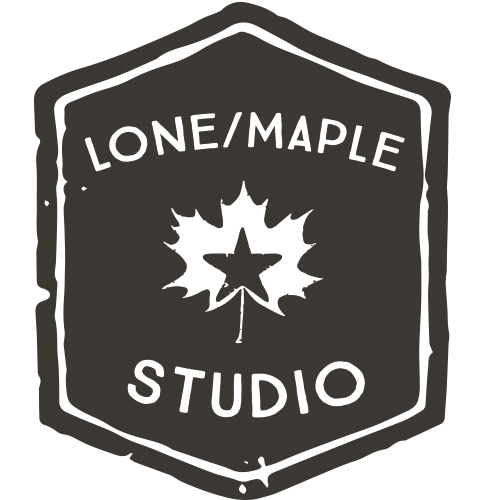 The estimable Yarn Harlot, Stephanie Pearl-McPhee, accidentally stepped in it last week by raising the issue of rates for test knitters. Basically, the Yarn Harlot was asking on Twitter for a standard rate of compensation as she looked for a new test knitter, which spiralled into a discussion about professionalism, knitting and money. You can read the full story HERE, but the whole conversation left a funny taste in my mouth about the way crafts and money go together.
The estimable Yarn Harlot, Stephanie Pearl-McPhee, accidentally stepped in it last week by raising the issue of rates for test knitters. Basically, the Yarn Harlot was asking on Twitter for a standard rate of compensation as she looked for a new test knitter, which spiralled into a discussion about professionalism, knitting and money. You can read the full story HERE, but the whole conversation left a funny taste in my mouth about the way crafts and money go together.
The short form for me is that because knitting has historically been "women's work" it is not valuable enough to be worthy of payment. In the collective imagination, knitters are sweet Grannies who knit like fiends for everyone, never asking for compensation and churning out heirlooms daily that they give away for pennies, or for no cost at all. Worse is the idea that somehow it is inappropriate for a knitter to ask to be compensated at a rate that is commensurate to their skill, because that is not what "knitting is about".
Well, that is bullshit.
I don't know the figures but with nearly 2 million members of Ravelry, a boom in artisnal, indie and commercial yarn dyers, and more than 150,000 paid patterns indexed on Ravelry (and another 100,000 free ones indexed as well), this is a large and growing industry. The idea that people are producing this content with no expectation of compensation is outdated. There may be individuals who have so many knitted items that they give them away, not recognizing the value of their work, but that is not a universal experience.
I can't imagine a professional recipe tester not being compensated, and it seems that they are, and it is the kind of job you can go to school to learn how to do. Or sewing pattern testers, they must So why are we so critical of the development of a professional test knitter standard?
One of the things I really like about the knitting boom of the past 15 years is the DIY/indie/artisanal cred that the whole industry has. It has developed itself from within and helped create a world where Shannon Okey, Ysolda Teauge, Anne Hanson, Jared Flood and the Yarn Harlot are able to support (to some extent) themselves by being pattern designers. They would not be able to sell their patterns if they didn't have a product worth money, and as many of us know a pattern that has not be tested and tech edited is often not worth the kilobytes it is saved on.
The test knitters and tech editors of the world make sure that the product is worth selling, and they are worth compensating.
For anyone who think free test knitters are the same thing as a professional (as in paid, that is what the word means) test knitter I suggest you take a trip over to some of the Free Test Knitter groups on Ravelry. I have done a few test knits, and I don't think I was a terrible tester (I met the deadline and provided feedback), the designers got what they paid for. While compensating me in yarn, cash or otherwise, would have made little difference, I am not a professional test knitter. From what I can tell there is a familiarity and rapport that must exist between a designer and tester, and if a person is not able to prioritize the test knitting above other priorities, like a paid job, it may not be possible develop the relationship that must exist.
Which gets me to the real argument, that because of gendered perceptions of the value of women's work and the perception of knitting (and other handicrafts) as women's work, there is a sense that there is no value to knitting and thus test knitters. While being able to produce warm clothing for your family has always been of value, to your family, but on a wider scale not so much.
Today, with the trend towards handmade and indie knitting is popular, however it still suffers under the stigma of "women's work" and whether this label is empowering or demeaning, there is a whole lot of historical/cultural baggage that goes with it and frames the reactions to a talented author and designer looking to hire a test knitter.
